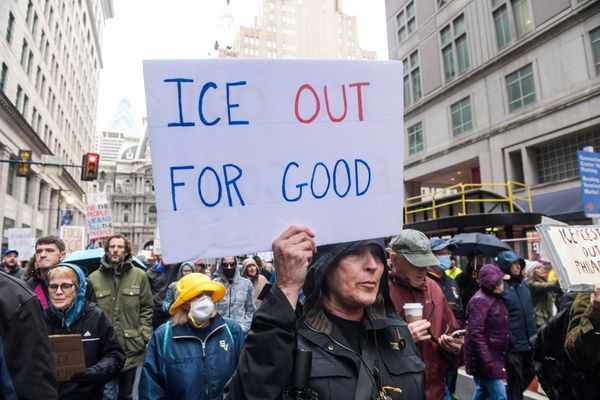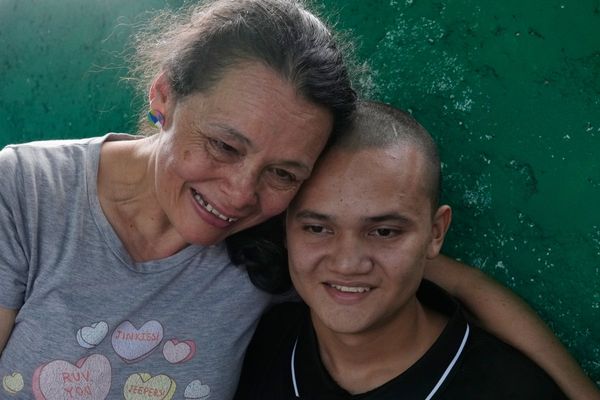Supreme Court judge, Justice Sanjiv Khanna, on January 2 said break-up of Bihar caste survey data should normally be made available in the public domain to aid those who want to challenge inferences and policies kick-started by the State government on the basis of the information.
Appearing before the Bench headed by Justice Khanna, senior advocate Raju Ramachandran, who represents the petitioner side led by the NGO Ek Soch Ek Prayas, said the Bihar government had already gone ahead and increased reservation from 50% to 70% in the State.
Mr. Ramachandran said he would submit the survey report and sought interim relief, including an interim relief injuncting the government from acting on the findings of the report.
“Things are moving apace. The matter is pending here since August. In the meantime, reservation has increased from 50% to 70%... We wish to argue for an interim relief,” Mr. Ramachandran submitted.
Also Read | The Bihar caste survey and the social justice agenda
Senior advocate Shyam Divan, for Bihar, said the survey was available in the public domain and it had already been tabled in the State legislature.
“Huge data from the survey is available in the public domain,” Mr. Divan said.
Justice Khanna said there would be a problem if data from the survey was put out in the public domain selectively.
Mr. Divan said people were still working on the data compiled in the survey and information was made public as and when an analysis was completed.
“No… that would be a problem. The break-up of data should normally be made available because if someone wants to challenge a particular inference, that chance should be given,” Justice Khanna responded. The court fixed the hearing in February.
The Supreme Court had in October refused to stay the Bihar government from publishing data collected from its caste-based survey.
Months ahead of the General Election, the Bihar government had published data revealing that the Other Backward Classes (OBC) and the Extremely Backward Classes (EBC) between them constitute 63% of the State’s population, of which the EBCs constituted 36% while the OBCs stood at 27.13%.
The Patna High Court had upheld the survey.
“You cannot stop a State government or any government from taking a decision… Yes, if there is an issue with regard to the data, that will be considered,” Justice Khanna had addressed petitioners in October.
Justice Khanna had said the cardinal issue was “how much breakdown of data would be made available to the general public for the sake of transparency”. The court had further dismissed the notion that the compilation and publication of data affected privacy.
“Privacy is not an issue as names, etc, are not published,” Justice Khanna had remarked.







